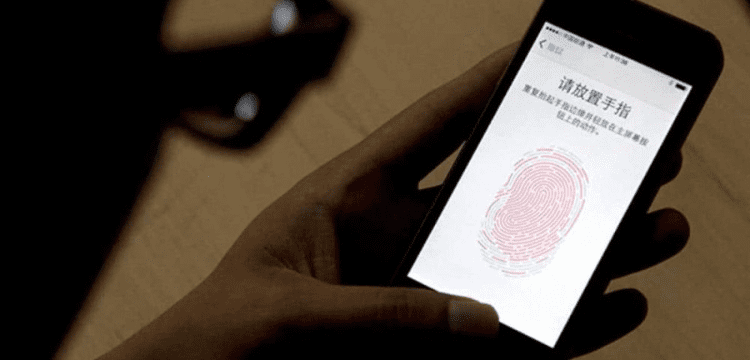[vc_row][vc_column][vc_column_text dp_text_size=”size-4″]A recent paper from Tencent Labs and Zhejiang University cybersecurity experts discloses a potential approach to “brute-force” fingerprints on Android smartphones. If a hacker has physical access to the smartphone and enough time, he or she may be able to unlock it.
CAMF and MAL
The study emphasises the presence of two zero-day vulnerabilities known as Cancel-After-Match-Fail (CAMF) and Match-After-Lock (MAL), which affect Android smartphones as well as those running Apple’s iOS and Huawei’s HarmonyOS.
The researchers were able to accomplish two goals by exploiting these vulnerabilities. First, they circumvented Android’s limit on the number of fingerprint scanning attempts, allowing an infinite number of tries. Second, they improved their assault methods by leveraging databases derived from academic datasets, biometric data dumps, and other comparable sources.
Also Read: Selfie Beauty Filters Face Legal Action for Harming Mental Health
How it Works
The criminals needed a few crucial things to carry out these attacks: physical control of an Android smartphone, a significant length of time, and hardware costing around $15.
The researchers dubbed the technique “BrutePrint” and said that it would take between 2.9 and 13.9 hours to compromise the device’s security for devices with a single fingerprint enrolled. Devices with numerous fingerprint records were found to be significantly easier to compromise, with effective “brute-printing” taking an average of 0.66 to 2.78 hours.
The experiment was carried out on ten “popular smartphone models,” including a few iOS handsets. Although the particular susceptible models were not published, the researchers claimed to be able to circumvent the attempt restriction and perform unlimited tries on Android and HarmonyOS devices.
iOS is Safer
However, they were only able to get an additional 10 attempts on iPhone SE and iPhone 7 models, which proved inadequate to carry out the attack effectively. As a result, while iOS may have potential vulnerabilities as a result of these issues, the existing way of brute-force entry is insufficient.
While this type of assault may not appeal to average hackers, the researchers believe it may be of interest to state-sponsored actors and law enforcement organisations.[/vc_column_text][/vc_column][/vc_row]











